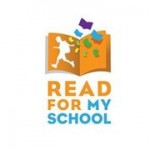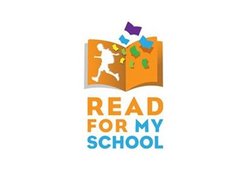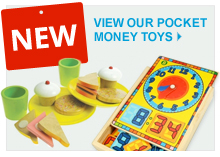Blind children are vulnerable to having their play restricted, but in many ways, they need it more than sighted children. It helps improve their curiosity and independence, as well as contributing to personality development.
In this infographic, we look at some ideas for play with blind children. It includes some handy tips on how to have inclusive playtime with children of all abilities. We also look at how you can adapt toys to be more user friendly for a visually impaired child.
There are creative ways to get your kids involved in arts and crafts too and fun activities that will help them learn how to play and develop their sensory skills.

450 pixels wide:
995 pixels wide:











